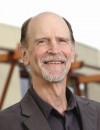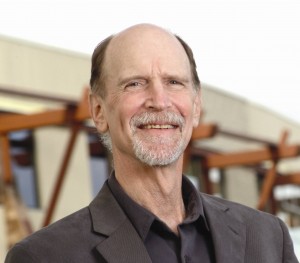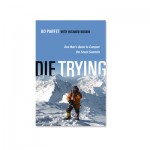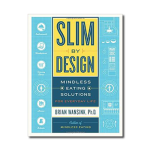
It is always a pleasure interviewing Dr. Robert Levine. I did an interview with him on his book, “The Geography of Time“, a few months ago and invited him back to discuss his book, “The Power of Persuasion“.
All of us have been persuaded at one point or another in our lives, and often without our knowing. Let’s face it we are being bombarded daily with messaging from Madison Ave to buy this or do that, and this does not even include the massive amount of messaging we receive from the Internet through Google or Facebook ads. Ah, so subtle… but so powerful!
Robert found three conclusions from his research. 1) That we are all more susceptible than we think. 2) The most effective persuaders are the least obvious. 3) The rules are not that much different no matter who is the source or what the product. Robert states, “If there’s one common denominator to the most effective salespeople I’ve encountered it is that they almost never look like “real” salespeople. The ones to watch out for hold the uncanny ability to first set you at ease about their motives. Then they sell.
So what are the three characteristics related to persuasiveness? 1) That the person has perceived authority 2) They are honest and trustworthy–(a good example would be politicians who are always selling us something) 3) They are likable.– (Likability drives persuasion from many directions).
Robert points out the fact that persuasion and psychology are essential human activities. They define our social being never more so today than ever in history. As our singular and collective attention become increasingly prone to the beck and call of the mass media, sophisticated marketing research, and advanced technology…… the art of persuasion is in its boom years. It’s up to each of us to use the psychology wisely and ethically, to see that it illuminates rather than electrocutes.
If you are interested in exploring of how “The Power of Persuasion” is affecting you and your decisions, then I recommend that you read Robert’s book. This book will provide you with valuable insight into how persuasion truly does effect your decisions. The wonderful aspect about persuasion is that if you are aware that you are being persuaded, you have options. You and you alone are the only one responsible for your decisions so please make them carefully.
If you would like to learn more about Dr. Robert Levine and his many books please click here to be directed to his website. Enjoy our wonderful interview together.











